Facebook does not stop collecting data. Those of its users, and those of which (still) are not. Much of that information is used according to Facebook in order to present a more personalized advertising, but the voracity in that collection is amazing.
In fact Facebook is not limited to monitor what we do in this social network: the social network pursues our location and our activity in applications and websites that are directly or indirectly connected to Facebook.
Our devices do not listen to us
Does Facebook listen to us constantly? You’re talking to someone about a product or maybe your next trip and bam! Suddenly you start receiving product announcements or offers for cheap flights to that destination. What’s going on?
Surely Facebook was listening, right? The truth is that no: those responsible for Facebook do not have the resources capable of analyzing the audio of millions of users, but they do not need them: they have other ways of “spying on us”.
In The Wall Street Journal they believe it, and in fact they got in touch with Antonio García Martínez, who was responsible for Facebook’s advertising division, to talk about it. García also explained in Wired how to collect and analyze these endless audio chains “would even exhaust the resources of the NSA”.
Other experts corroborate that opinion. This is the case of Sandy Parakilas, ex-director of Facebook, who indicated that Facebook “would need to understand the context of what you say, it would not be enough to listen to you”.
That certain advertisements appear at certain moments, however, responds to a reality very different from that conspiracy theory. One that has the users as protagonists and big culprits of the publicity that we see.
Imagine that you are going to buy any product in a supermarket. For example, a bottle of wine. To earn points for subsequent purchases, you use your mobile and scan the barcode of your user account. Bam. First track.
From there the information of the contents of your shopping cart begins to spread. The manufacturer of that product is the first interested in boosting your product, so buy aggregate data and (theoretically) anonymized -those that the super, the pharmacy or the travel website collects – to have an idea when advertising and advertising can work better who direct it
How to do it? Crossing this data collected with this algorithm that anonymizes our Facebook activity but gives general parameters about our profile: age, interests, etc. When the producer of a wine launches a campaign and it is detected that you have purchased another, it is inferred that perhaps that advertising is suitable for you. There’s no more.
What data are collected?
This example reflects that constant activity in which the way we interact with our devices causes us to give up important data that is then reflected in the advertising and information we receive on Facebook.
In our analysis of the data that Facebook keeps about us it was clear that the amount of information that is stored is huge, although all of it is part of our use of the service and we accept that Facebook keeps it when we accept its terms of use.
This is how Facebook knows our personal data, phone book, messages, photos and videos (with their geolocation, publication dates or IP addresses associated in many cases), chats or information about the sessions we have opened in the service. Until your calls and SMS if you have Android.
However, this information is added to data specifically oriented to offer contextual advertising adapted to us. Perhaps too adapted to us, in fact, something that made us think about whether Facebook would be listening to us or not 24 hours. They do not need it, because their algorithms and the information we provide when using the service is sufficient. These data are …
- What we have bought?: Especially when using these points cards or when relating those purchases and electronic payments with our email, our Facebook user or any other data that may cross the service.
- Where we have been?: Facebook follows us wherever we go not only through GPS, but also through the IP addresses that we use or the access points to which we connect.
- What applications we have used?: Some applications connect to Facebook and Facebook to cross data about us. If we get off and use a weight loss tool, that tool could cause Facebook to show ads related to weight loss products and services, for example.
- Where we clicked?: Facebook’s famous control pixel (Facebook Pixel) allows our browsing history to be available to advertisers to know which websites we have visited and from where and where we have gone to visit them . That gives advertisers many clues about products and services that interest us, and again that information is crossed to offer us relevant information.
- What interests us?: In addition to that browsing history, the activity itself on Facebook or Instagram – posts that we have marked with the ‘Like’, people we have as a contact – makes it possible to create a “map” of our interests that is it is polishing with information that we give in part or that is inferred from what we share: salary, size of the house, political affiliation, consumption habits, etc.
These are the big areas in which Facebook works to build that profile that helps advertisers present the appropriate publicity to certain users and not others, but there are many more specific data that are collected and contribute to polish that profile. We already talked about 98 things that Facebook knows about you and use to show us publicity, and here there are few secrets and a lot of logic.
In fact, as the company explained in its ‘Information about Facebook ads’, that user activity in this social network is the first and most obvious of those sources of information, which are combined with other important information such as location, data that we facilitate to the companies connected with Facebook and, of course, those online interactions that we do not already on Facebook, but outside that platform.
Continue Reading: Facebook will stop allowing third-party companies to sell your data to their advertisers
The controversy of the “non-users” of Facebook
To that active collection on its users when they are logged, that data collection is joined when we are not logged in the service or the application or directly when we are not even Facebook users.
David Baser, director of Product Management at Facebook, explained in Facebook’s official blog how they collected data from users who do not even have an account on the social network.
As this manager explained, “when you visit a website or application that uses our services, we receive the information even if you are not logged in or have a Facebook account, this is because other applications and websites do not know who is using Facebook.” The practice, assured Baser, is very common in this sector.
Of said “non-users” Facebook collects its IP address, the operating system and browser they use or the cookies of those browsing sessions. The most ironic thing is that “non-users” cannot see what information Facebook collects about them, nor can they prevent that information from being captured unless they use advertising blockers and scripts in their browsers. If you want to know what Facebook is collecting, you have to create an account to check that information and eliminate it.
What can we do to protect ourselves?
Among the options is of course to close our Facebook account forever, but this drastic measure is not necessarily effective: as we have seen, Facebook continues to monitor users even when they do not have or are not logged in.
If we want to continue using Facebook we can do it, but it is always convenient to take advantage of the privacy options offered by this social network. These options may not be as clear or simple as we would like, but still allow us to cut part of that follow-up. For example, you are:
- Deactivate the location: You can do it in your account settings and even delete the location history. Here it would be a good idea to check the privacy settings if we have given access to location services to applications that connect to Facebook in some way.
- Limit advertisers: On iPhones it is possible to go to the privacy and advertising options to activate advertising tracking, and we can reset the advertising identifier to be more secure. In Android we can do something similar with the “Advertising services”, from where we can disable the use of the advertising identifier and restart it.
- Disable advertising: In the Facebook mobile client we can go to the configuration of our account settings to disable all the parameters of the account, as well as eliminate the “interests” that Facebook has collected about us in the past. If we surf from a desktop PC or laptop we can use extensions for browsers that specialize in blocking advertising and avoiding tracking, as with Ghostery.
- Deactivate the microphone?: Although it seems coherent to say that Facebook has a hard time listening and analyzing everything that its 2 billion users say, there may still be suspicions about whether it really does. If we want to avoid suspicions, both in Android and in iOS the privacy options of the applications it is possible to deactivate the access to the microphone to Facebook.
- Use privacy extensions for browsers: The tracking problem can be avoided (or at least minimized) with extensions like Facebook Container- Developed by Mozilla Firefox, which helps isolate our Facebook identity so that it is more difficult for the company to monitor our activity on other websites with cookies from those third parties. In Chrome there are some extensions like Facebook Disconnect that disable the ‘Facebook pixel’ in websites connected to the social network, which also helps to avoid unwanted tracking.
- Private browsing and Tor do not help: Anyone could think that browsers oriented to protect anonymity such as Tor or private browsing modes would help this area, but it is not. You can use Facebook without problems in Tor thanks to .onion sites like this one, but as they explained here, the idea is to offer a good user experience, not turn off Facebook tracking. In the case of private browsing, the idea is to navigate without local data being stored that can be collected later: both the ISP and the web server have access to your browsing history, which invalidates this type of navigation to avoid Facebook follow-up
In fact, many of these privacy options are analyzed in our articles dedicated to controlling them from the web client, from Android or from iOS. Continue using Facebook but having it more at bay is possible with a little effort.
The narcissistic fallacy
In spite of everything indicated, it is difficult for these conspiracy theories to disappear on Facebook’s potential to listen to everything we say at all times.
However, Antonio García Martínez clarified the situation when talking about how complicated that would be: in his first year on Facebook he launched the so-called ‘Project Chorizo’ – good name, pardiez-, and he tried to mix the data collected in that then to try to improve the publicity that was served to them. Not only were there problems with performance and consumption of resources: the benefits were minuscule.
For Garcia, this made up what he called the “Narcissistic Fallacy”: “we are all the center of our worlds, and we assume that our lives are terribly important or interesting for people from outside. […] Advertisers do not care the vast majority of your most personal information, in other words: The fact that you have a picture of yourself naked on the Internet does not mean that someone would pay money to see it. “
For this expert the conclusion was clear: in our conversations we may say something of “commercial” interest at certain times, but the data that the advertisers would like are not even on Facebook. They are in the Amazon cart, in the supermarket or in that bookstore that we go to from time to time.
Facebook spies on us, but it does it with our permission and that of all those other stores and services with which we connect its platform. In our hand is to avoid it or at least minimize that impact.

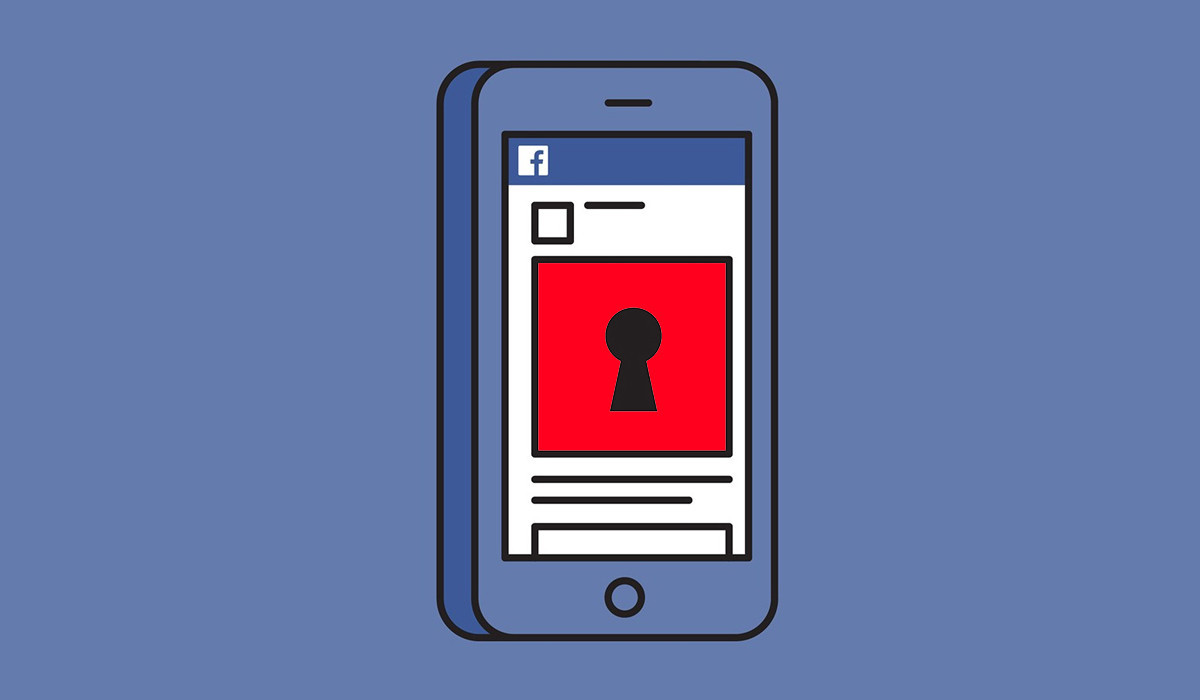
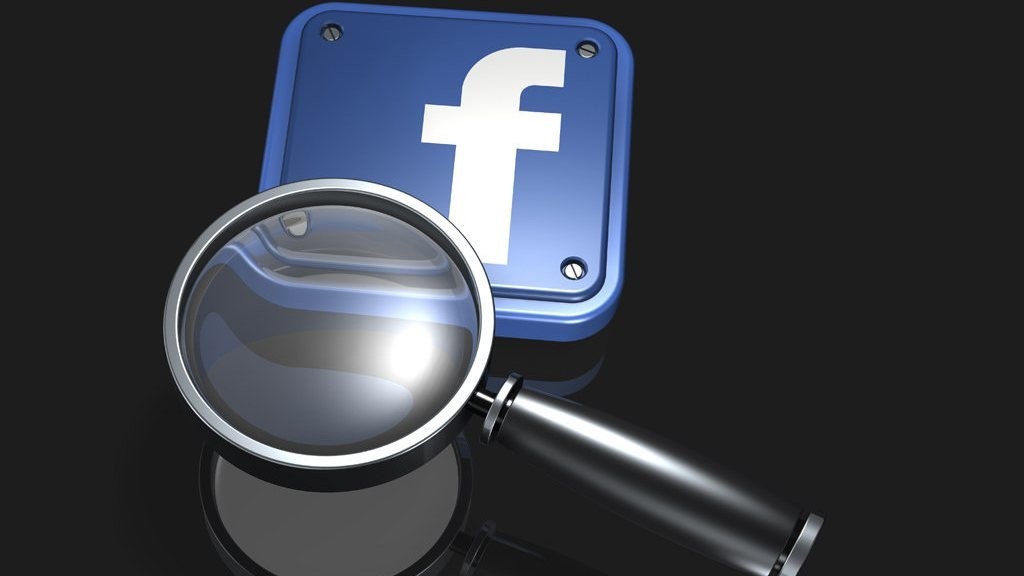
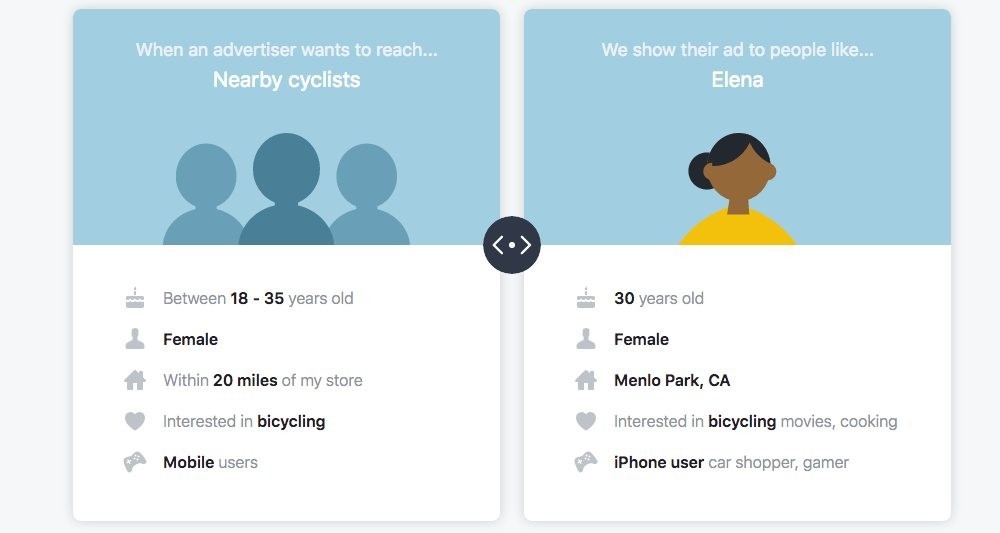
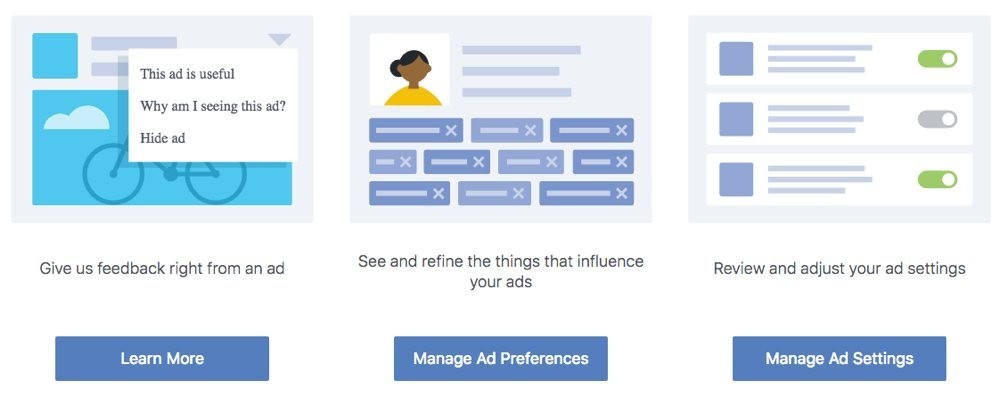
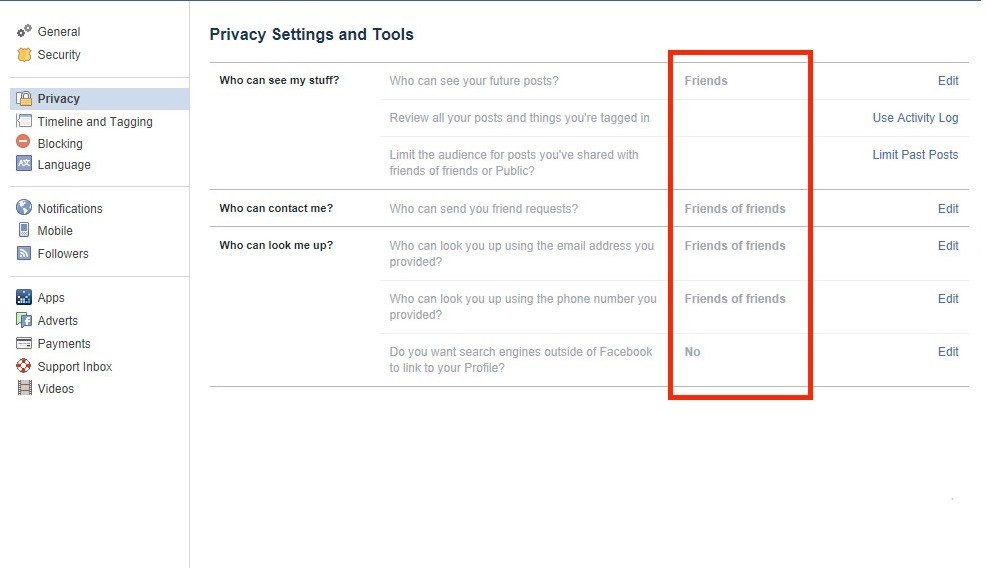
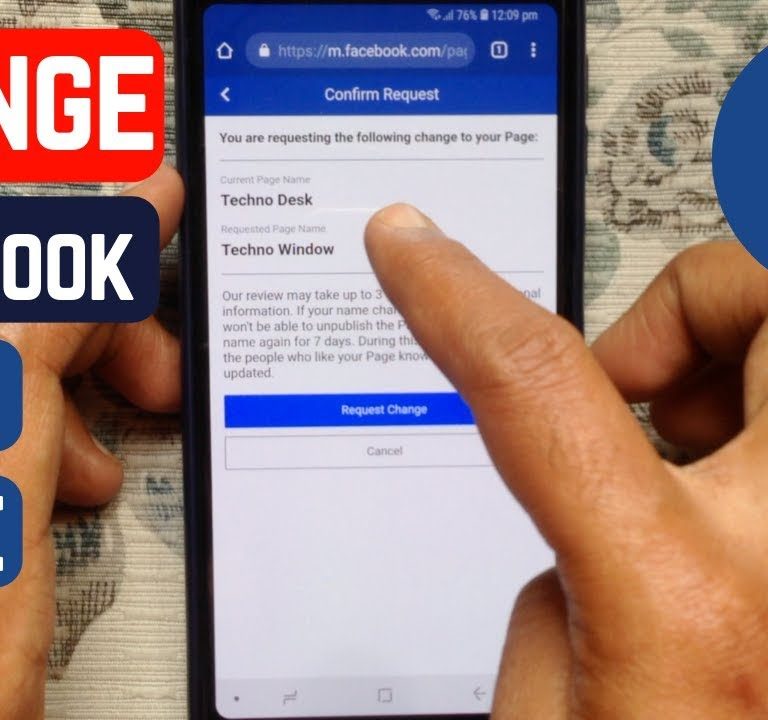

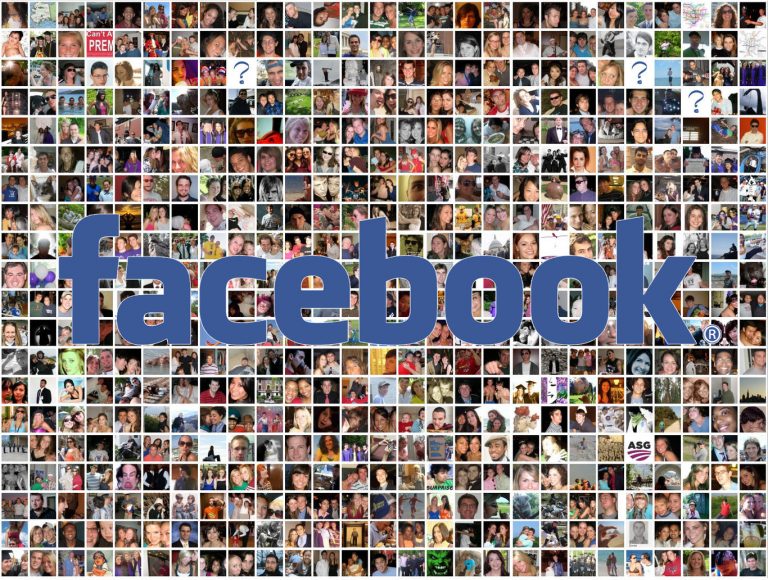
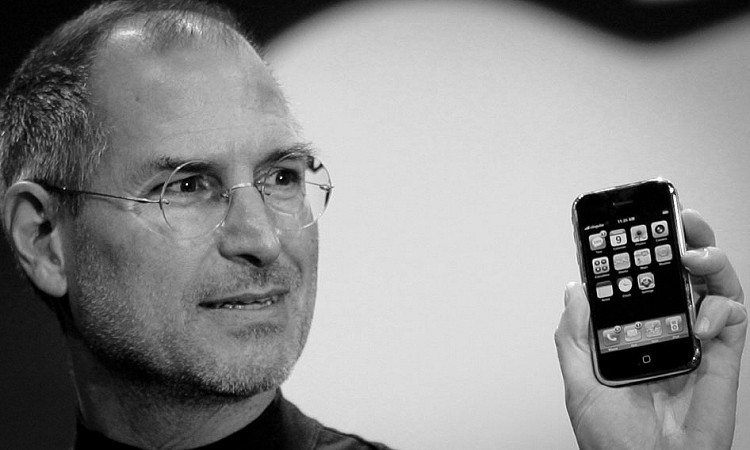




+ There are no comments
Add yours